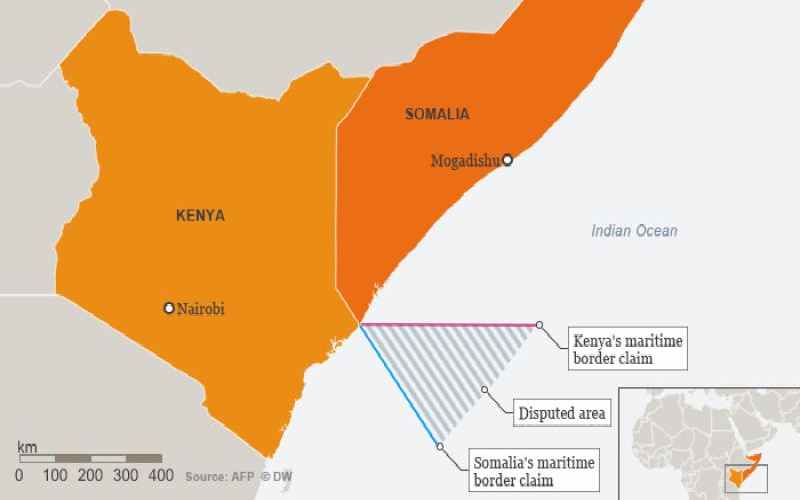×
The Standard e-Paper
Home To Bold Columnists

Kenya has pulled out of the maritime border case with Somalia just a few hours to the scheduled hearing at the International Court of Justice in The Hague, Netherlands.